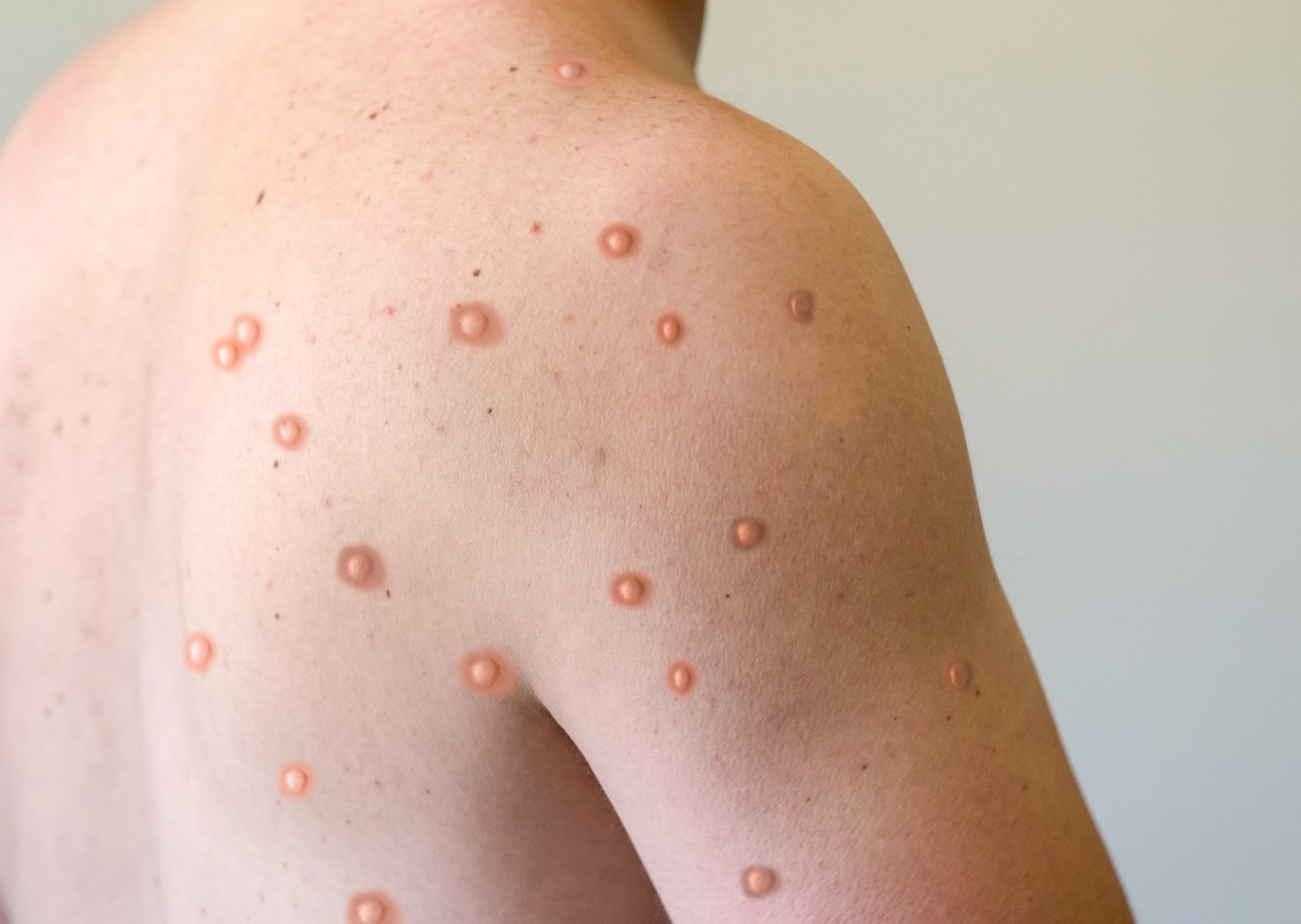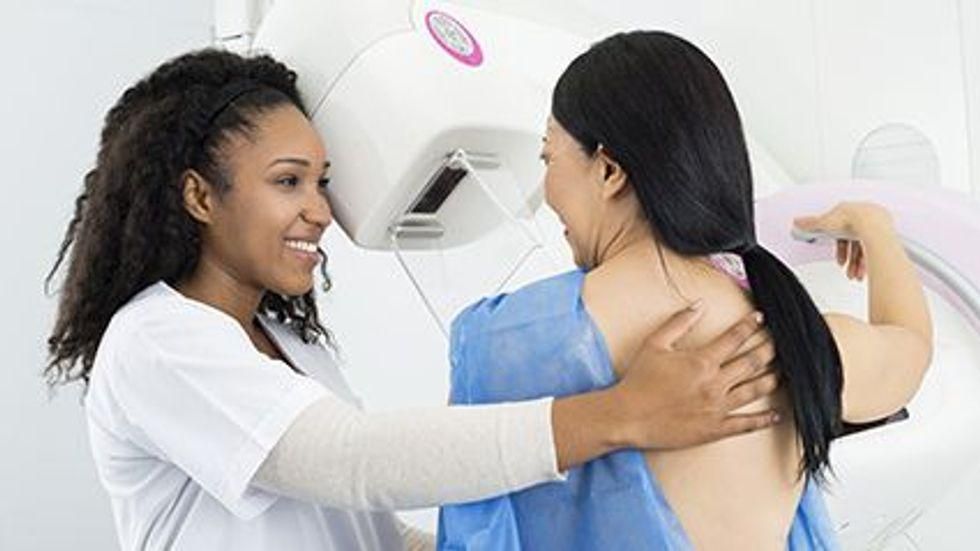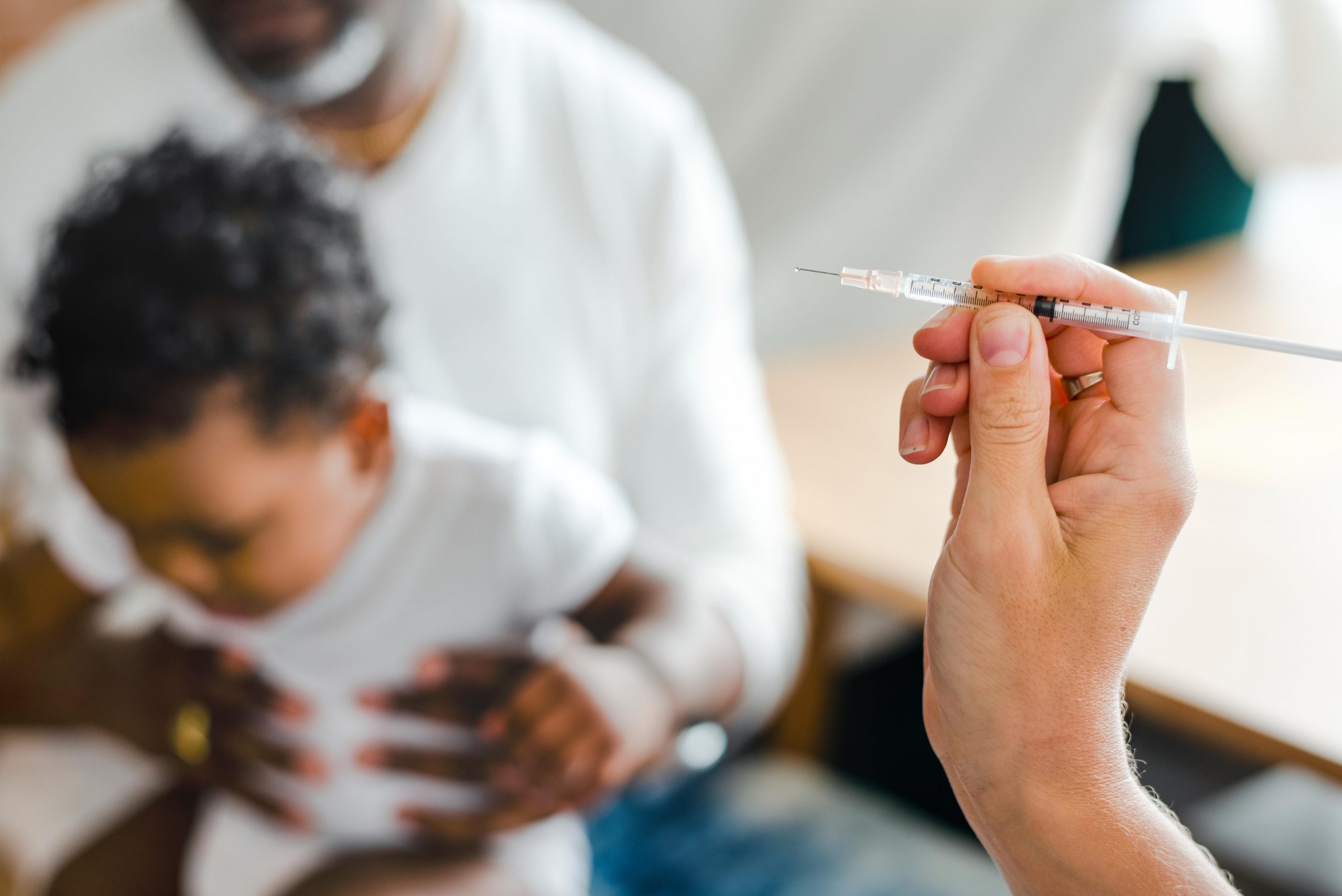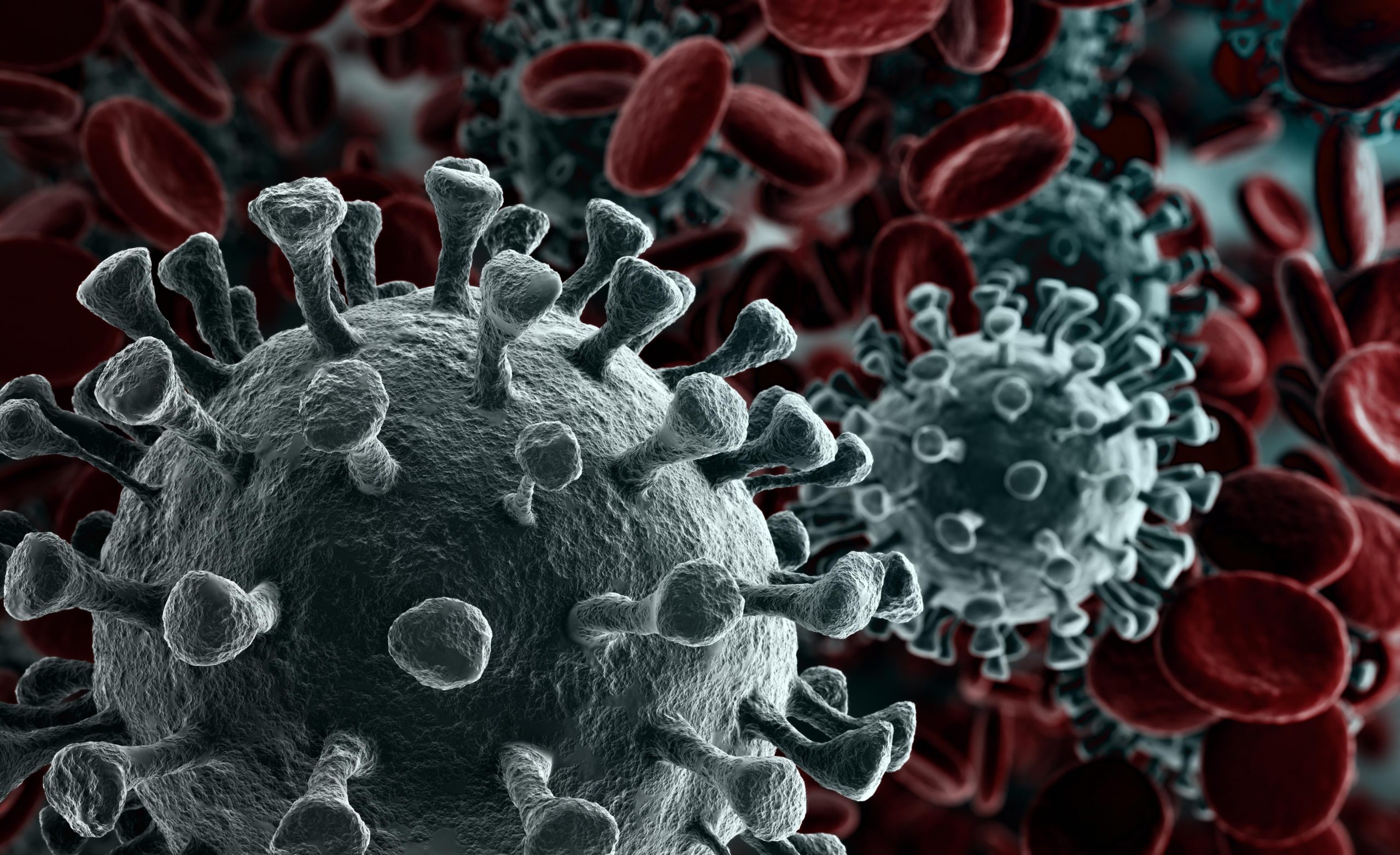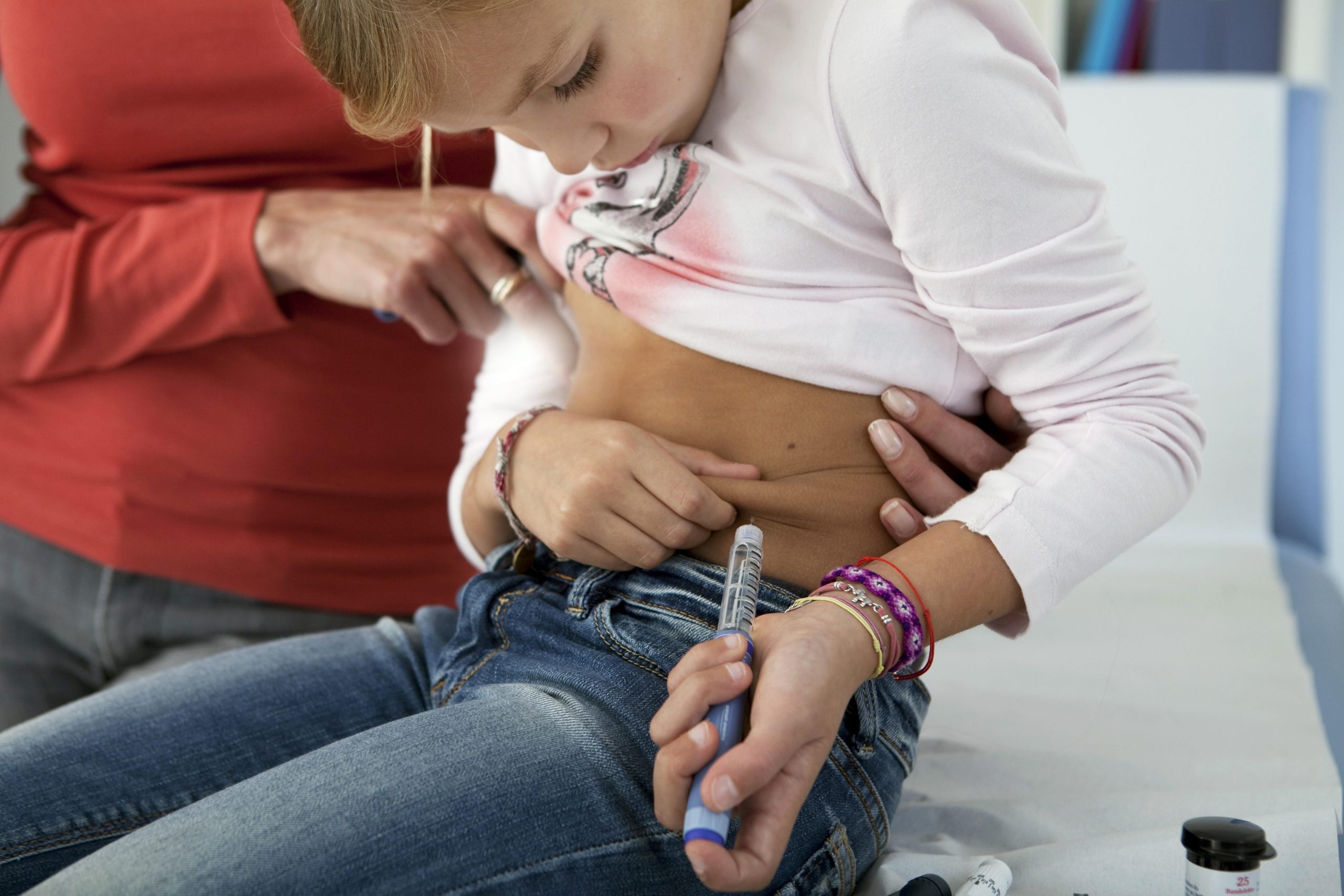
High-tech devices and communication helped ease the impact of COVID-19 lockdowns on children with type 1 diabetes, researchers said in a new study. Pandemic shutdowns caused significant disruptions in health care, and previous studies have shown that diabetes patients had worse blood sugar (glucose) control and more difficulty accessing care during the early days of… read on > read on >













